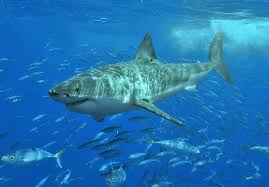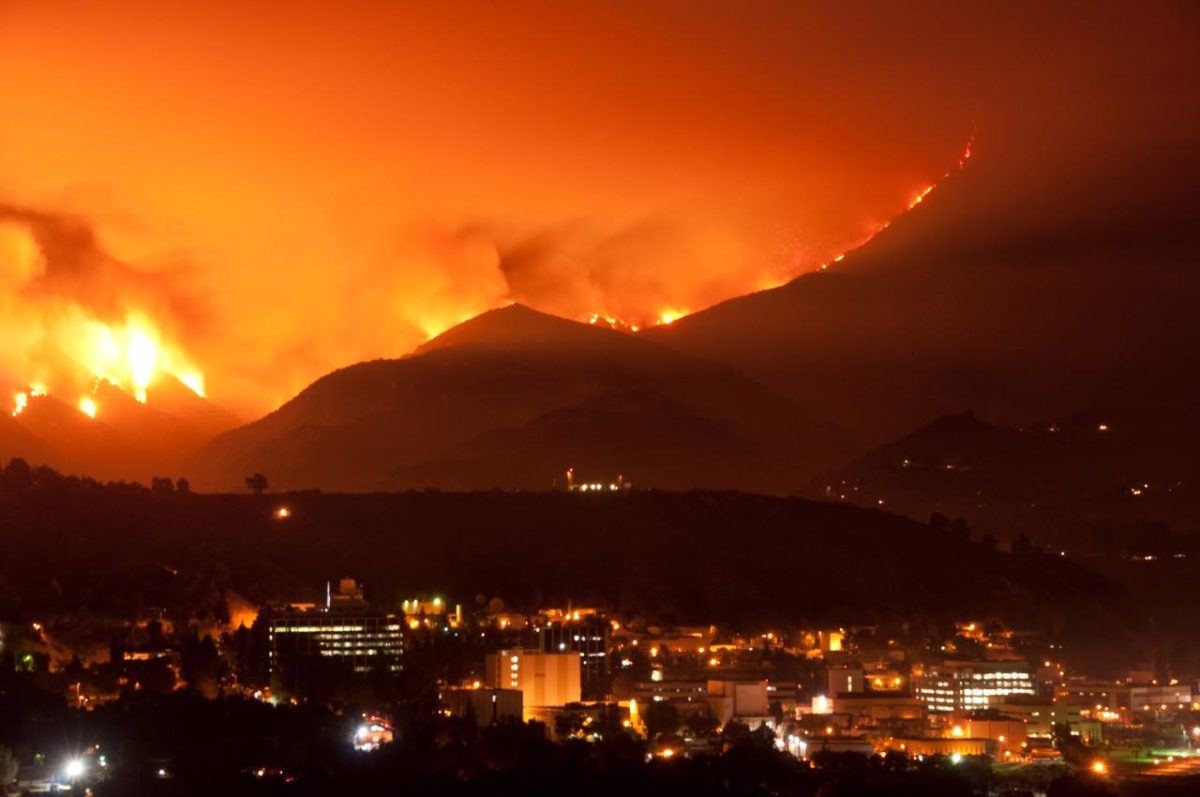
A set of two orcas have been eliminating great whites along a stretch of the South African coastline since around 2017, stealing the sharks’ livers, rich in nutrients. The hunting activity has driven the sharks away from some parts of the coast around Cape Town. Now, scientists believe it could signal an ecological shift in the wider marine ecosystem. Last year they also witnessed a male orca, known as Starboard, quickly killing a 2.5-meter young white shark just within two minutes.
As reported on CNN’s article about the signals of a possible ecological shift, Dr. Primo Micarelli, a marine biologist at Italy’s Sharks Studies Centre and the University of Siena stated, “Over two decades of annual visits to South Africa, I’ve observed the profound impact these killer whales have on the local white shark population.” Micarelli also went on to express his concern about the coastal marine ecology balance due to these recent, yet not so recent events. This behavior is nothing impossible for orcas since they are just as social as they are intelligent in hunting large animals. However, this is the first occurrence involving one of the world’s largest predators being defeated.
In the same article by CNN, Alison Towner, a doctoral researcher at Rhodes University stated, “this sighting revealed evidence of solitary hunting by at least one killer whale, challenging conventional cooperative hunting behaviors known in the region”. As an individual who studied great white sharks for roughly 17 years learning about their movement patterns, she’s the one to close any statement made about the topic at hand. Towner went on to address the situation even further, “these are groundbreaking insights into the predatory behavior of this species,” she said. “The presence of these shark-hunting killer whales possibly ties into broader ecosystem dynamics. Rapid developments in this phenomenon make it challenging for science to keep pace.”
The event involving the study took place just two three months short of a year ago. Shortly after arriving at the setting, a shark appeared near the surface. The study shows that researchers and other witnesses and tourists observed when Starboard, the male orca, gripped the left pectoral fin of the nearby shark before thrusting the shark forward several times before eventually dismembering it in less than two minutes. In conclusion, Towner stated, “There are still plenty of unanswered questions about these shark-hunting killer whales and where they came from.” It is highly believed that these unanswered questions will have a response once we see more of Starboard and understand what, if anything, influenced these vicious attacks.




